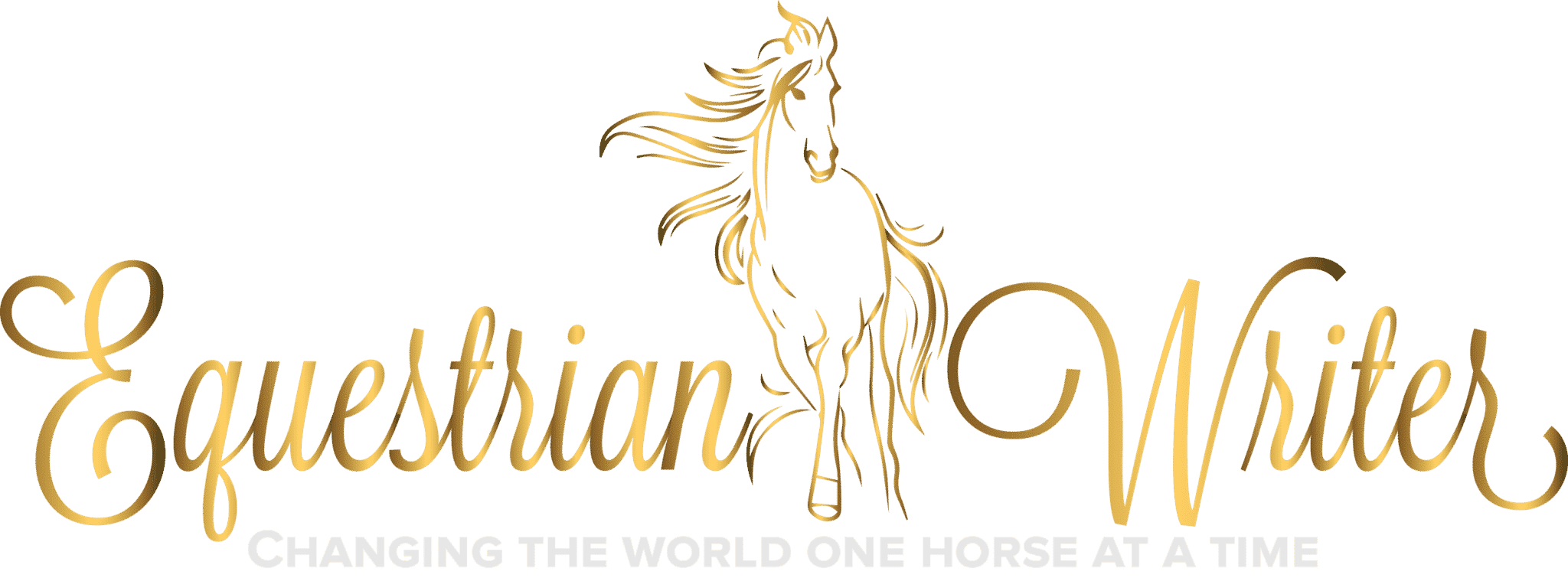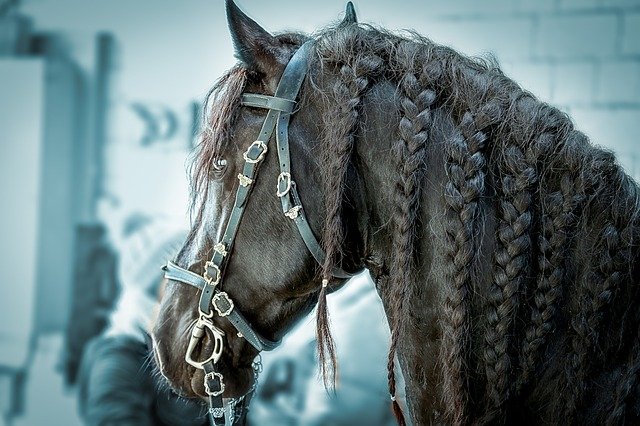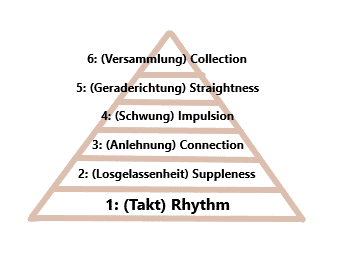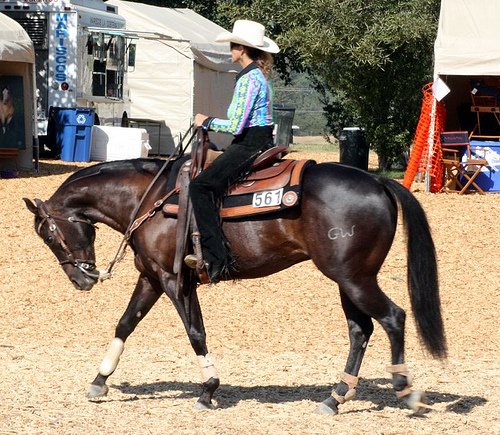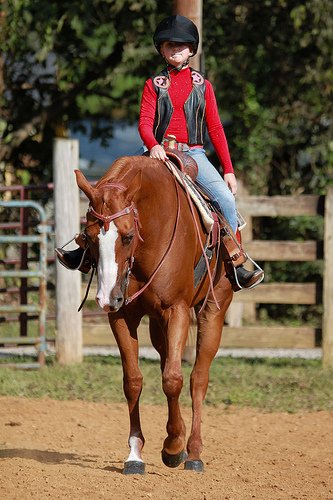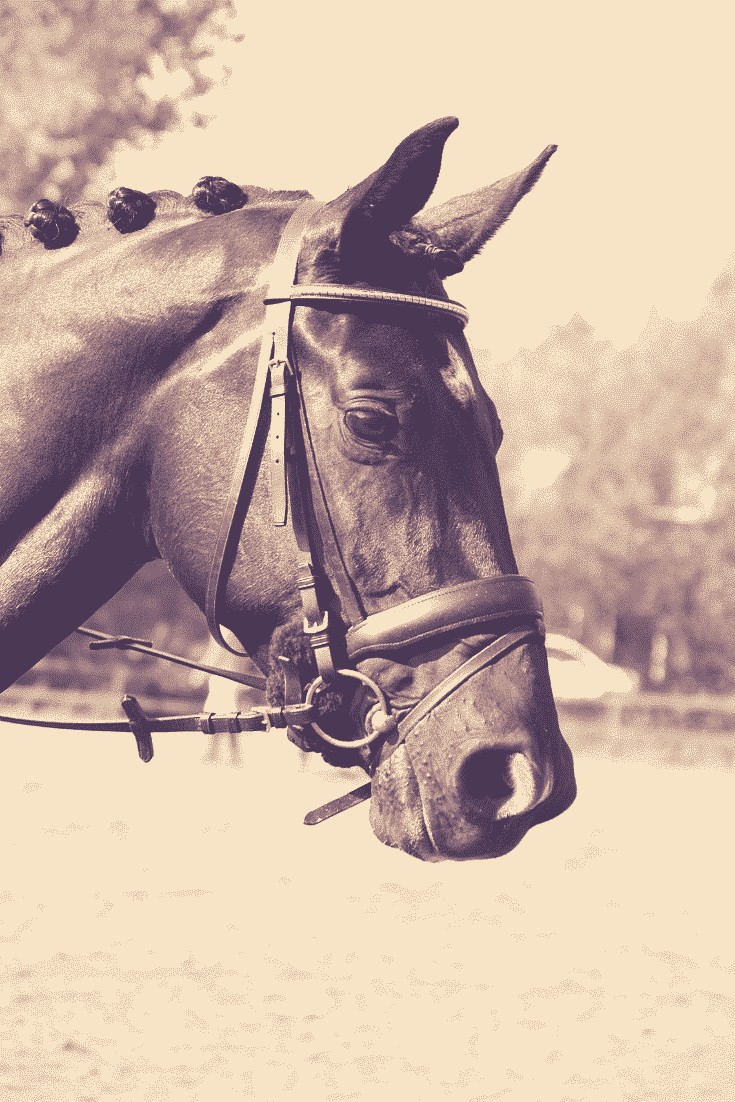
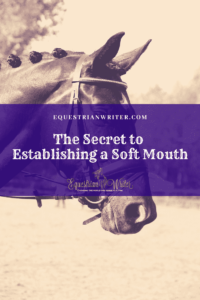
Softness is a key part of collection in any discipline. There are many exercises and theories behind creating a soft mouth in your horse. However, softness is not something that is created once you start training collection. It is not something you set aside time to train for and it is not something you practice exercises for. What is the secret?
Patience is softness
Patience in everything you do from day one; that is the secret that so many people miss. Speed leads to frustration and frustration leads to hard mouths. Everything you do must be soft, light, and patient. Softness is something you have to establish from the very beginning. It is possible to retrain a hard mouth. But, it is extremely difficult. A horse that has never been taught how to have a hard mouth does not consider the possibility of being hard in the mouth. Whereas a horse that has been hard in the mouth for the entirety of his riding career does not consider the possibility of being soft in the mouth. You see the problem.
It’s a common problem that all of us face. Some people say that you will ruin at least the first three horses you train. The truth in this statement is not so much that you don’t know what you are doing. You can have all the knowledge in the world. You can follow all the right steps and do all the right things, but if you don’t have the patience to create true softness from the very beginning, you will only create frustration and compound your own mistakes.
[click_to_tweet tweet=”Patience is softness; that is the secret that so many people miss. #horses #247equestrian Read more:” quote=”Patience is softness; that is the secret that so many people miss.”]
Hard mouths are taught, not born
I can’t even begin to count how many times I’ve heard people say; “he just naturally has a hard mouth” or “he’s a _____, they all have hard mouths.” My answer to that is; did you even give him a chance to be anything else?
People get on the horse with the expectation that he comes from a certain line so he’s going to be bad tempered and have a hard mouth. Or they see him being flighty and ornery on the ground and label him as having a hard mouth before anyone’s even swung a leg over him. These are the kinds of expectations that ruin a horse’s training before you’ve even begun.
This is where it becomes so hard to salvage a situation of your own making. You build an expectation of frustration and resistance. So the horse delivers frustration and resistance.
I’ve ruined my fair share of horses. They were all salvageable to some degree, but only in the right hands–which is to say, not mine–and in a new discipline that gave them a fresh start. I couldn’t give them a new start because I had built an expectation of frustration. We both needed a fresh start. Fortunately I have come a long way since then. Each of those horses taught me something invaluable. They each taught me different things, but they all taught me to value patience and softness.
Anticipation and Survival Instincts
Horses are the most honest creatures you will ever meet. They will give you exactly what you anticipate of them. Note, I said anticipate, not ask. You may think you are asking for softness when you are actually anticipating resistance. The horse doesn’t hear or feel your request for softness. All he feels is the tension from your anticipation of resistance.
Horses are prey animals. They have been domesticated for generations yet they still maintain a surprising amount of their natural prey instincts. In the wild, their survival depended on their fight or flight instincts. They are herd animals. In a wild herd, if one herd member saw something dangerous and grew tense, the rest of the herd would follow his lead and run from it even if no one else saw the danger. Their domesticated descendants do exactly the same thing. When the rider tenses up the horse’s survival instincts kick in. He assumes that you sense some sort of danger that he doesn’t so he tenses up too. It is a perfectly logical reaction to him.
This lesson was taught to me the hard way by my first rodeo horse, Apache. We never won worth a damn but that boy could run (giant loops around the arena knock over barrels and poles like nine pins). It was the turning that was the problem and in barrel racing and pole bending, turning is kind of important. I spent our four years together blaming his conformation and his breed–quarter horse haflinger cross–for his failures. It took me another five years after we parted ways to truly understand what went wrong. He didn’t fail me. I failed him. He gave me what I anticipated, rather than what I thought I was asking for. I created the expectation of frustration.
A simple case of miscommunication
Hard mouths generally develop from a simple case of miscommunication.
You think you are telling the horse; “Soften up, please. Relax, give to my hands.”
But the horse is hearing; “Oh my god there’s a tiger! We’re all going to die! Run for your life!”
You see how there’s a little bit of a difference there? The horse isn’t a bad horse. You’re not a bad rider. The two of you just aren’t speaking the same language.
Humans are natural predators. Horses are natural prey. The back is the most vulnerable part of a horse’s body. A predator–like, say, a mountain lion–who would be trying to eat them would try to land on the horse’s back and break the spine right where–or just in front of where–the rider sits. So now you’ve got a predator who is tense and possibly perceived as threatening, sitting on the most vulnerable part of a prey animal’s body. Yet, somehow, we expect the horse to relax and ignore all that. Yeah. I don’t think so. And then we wonder why our horses are a little tense and hard in the mouth.
[click_to_tweet tweet=”Hard mouths are taught, not born. #horses #247equestrian” quote=”Hard mouths are taught, not born.”]
That is exactly why horses like Apache go so wrong. I was crouched on his back all balled up with tension, cranking on him and panicking because I just knew he was going to bolt on me again. And, guess what? He did. Why? Because he had predatory ball of threatening, panicking energy bearing down on his spine and mother nature was screaming in his ear; “Run for your life!”
So he ran.
Overcoming the Miscommunication
Here comes the hard part; overcoming the natural miscommunication. I will be perfectly honest with you here, there is no magic formula other than patience, relaxation, practice, and time…and maybe a little yoga and meditative breathing. If you feel yourself getting tense, get off and end the session. Normally I would tell you not to end on a bad note, but there are times when you have to judge whether or not you have a chance of reaching a better note to end on. Sometimes it is just necessary to end on a not good note before you hit an even worse note. Break everything into itty bitty little baby steps.
Plan for the Future
When you start applying a cue to ask for something new, think about how soft you want the final cue to be. Then, apply that cue at that level of softness from the very beginning. Of course, you will gradually need to up the pressure until your horse gets the idea. But, once your horse learns what you want, you will be able to dial down the pressure until one day you find yourself only having to use the tiny little cue you were aiming for all along.
Horses appreciate a quiet rider. Remember, they are prey animals. Loud noises and quick movements mean danger and are likely to get them killed. Keep you cue as light and soft as possible from the very beginning and your horse will thank you for it.
